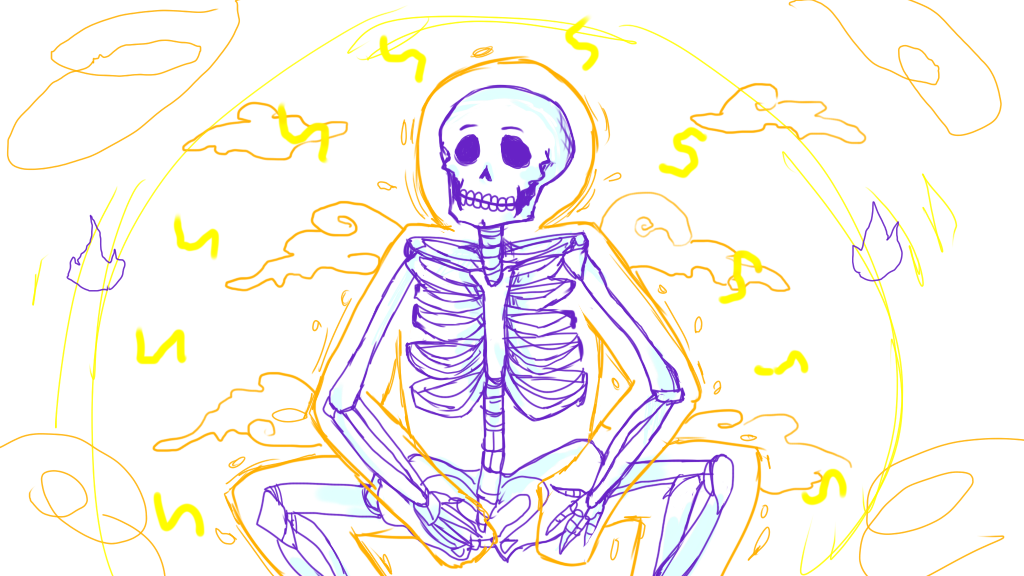Adultery No Longer a Crime in South Korea
On Feb. 26, South Korea's Constitutional Court struck down an old law that made adultery a crime punishable by up to two years in prison, according to the New York Times. The law was created in 1953 with the intention of protecting women from cheating husbands. This law was seen as necessary at that time, when women were often forgotten in a male-dominated society. However, women's position in society has become significantly better in modern times, leading many to believe that the law no longer served a purpose. In the last few years, it was very uncommon for someone to be imprisoned for adultery, because the courts have been demanding more proof of infidelity. In addition, many spouses now reach a financial settlement outside of court.
Five of the court's nine judges voted to strike down the law, stating that "It should be left to the free will and love of people to decide whether to maintain marriage, and the matter should not be externally forced through a criminal code." Two other judges also determined the law to be unconstitutional, but for other reasons. One judge said that he believed adultery ought to be punished, but not by a prison sentence. The other two judges voted to uphold the law, believing that repealing it would lead to sexual immorality.
Mummified Monk Found Inside Ancient Statue
A private buyer brought an ancient statue to an expert, looking to discover more information about it. They were greeted with a surprise when a 1,000-year-old mummified monk was discovered inside. When a team of researchers and scientists completed a CT scan, they discovered that the mummy's organs were missing. The scan also revealed a cloth that the mummy was seated on. The cloth was covered in Chinese inscriptions, which revealed that the mummy had been a Buddhist monk by the name of Liuquan, according to CNN.
Experts believe that Liuquan performed a procedure known as self-mummification. Self-mummification involves drinking poisonous tea that makes the body toxic to maggots. The process of self-mummification is complicated, and only a few performed it successfully. Those who managed it were revered. The process was practiced over a thousand years ago in China, Taiwan and Japan.
It is believed that Liuquan was worshiped exposed for 200 years in a Chinese temple before being encased in the statue in the 14th century. Researchers are hoping that DNA analysis will help them determine where in China the monk was from. The statue was removed from a Chinese temple many years ago and reappeared at a marketplace in the Netherlands.
Nineteen Christian Hostages Released by IS
Assyrian Christian hostages were released in northern Syria. All but one of them was one of the 202 Assyrians taken by the Islamic State group (formerly known as ISIS) militants during attacks on villages in northern Syria, according to the Syrian Observatory for Human Rights (SOHR) based in London. The Islamic State group's reasons for releasing the hostages are unclear; however, experts believe that they are trying to gain credibility by following "rules" common in modern governments. A self-proclaimed Islamic State group court stated that the fate of the other captives was still to be decided by Islamic State group Sharia jurists.
The Sharia courts are the Islamic State group's attempt at appearing credible to the outside. They claim to bring about justice by executing Sharia law in an equal and fair manner. The SOHR has determined that almost 2,000 people have been killed by the Islamic State group since June. The group also killed 125 of its own members for "exceeding the limits in religion."








